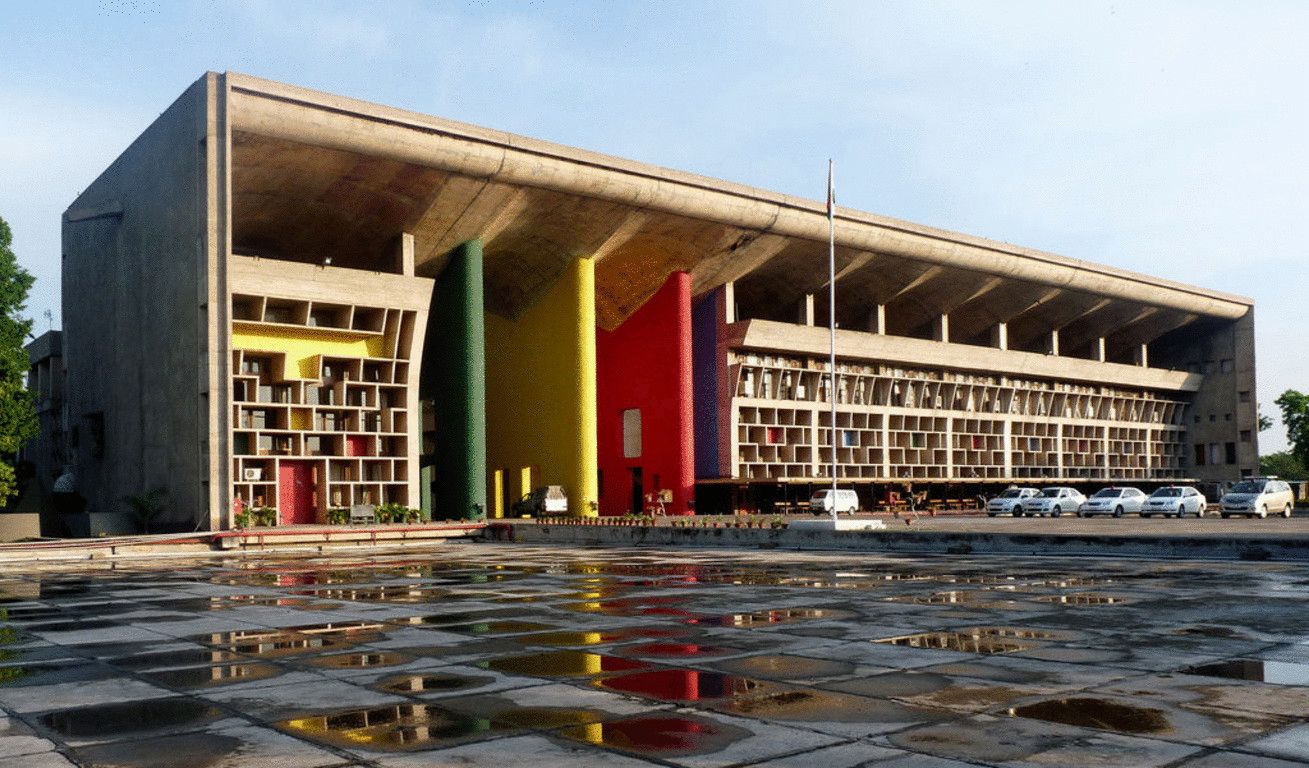Punjab & Haryana High Court Quashes Order Deferring Life Convict’s Premature Release, Says Jail Offences Cannot Deny Reformation Opportunity

Case Name: Imran v. State of Haryana and Others
Date of Judgment: October 14, 2025
Citation: CRWP-4968-2025
Bench: Hon’ble Mrs. Justice Sukhvinder Kaur
Held: The Punjab & Haryana High Court quashed the State’s order deferring a life convict’s premature release for one year, holding that the deferral was arbitrary and contrary to the policy governing premature release of convicts. Justice Sukhvinder Kaur ruled that involvement in minor jail offences cannot be treated as a valid ground to deny remission once the punishment for such offences has already been served. The Court observed that the competent authority must apply its mind in a reasoned manner, and that the practice of mechanically deferring cases without recording justification undermines the principle of reformation central to penal jurisprudence.
Summary: The petitioner, Imran, serving life imprisonment in District Jail, Nuh, was convicted under Sections 302, 307, 148, and 149 IPC and Section 25 of the Arms Act in FIR No. 169 of 2002. His appeal was dismissed in 2017, affirming his conviction. He sought premature release under the Haryana Government Policy dated April 12, 2002, which provides for consideration of life convicts after undergoing 14 years of actual imprisonment including remissions. The authorities, however, rejected and deferred his case for one year vide order dated April 22, 2025, citing his involvement in a jail offence where he had been punished for serving “halwa made from animal fat” to inmates.
The petitioner contended that his conduct in the last five years had been satisfactory, that he had already been penalized for the minor jail offence, and that his case squarely fit within the eligibility criteria for premature release. Relying on Pholu @ Polu Ram v. State of Haryana (CRWP-8232-2022, decided on February 5, 2024) and State of Haryana v. Jagdish (AIR 2010 SC 1690), it was argued that arbitrary deferral of release violates both fairness and reformation principles.
Justice Sukhvinder Kaur noted that the State Level Committee’s decision merely echoed the presiding judge’s view that the petitioner “did not deserve any leniency” without assessing his actual conduct or rehabilitation prospects. The Court held that once a convict has served the requisite sentence and displayed reformed behavior, his release cannot be denied on the basis of previously penalized offences. Citing precedents including Subhash v. State of Haryana (1994 (3) RCR (Criminal) 489) and Lila Singh v. State of Punjab (1988 (1) RCR (Criminal) 88), the Court reiterated that jail offences cannot permanently extinguish the benefit of premature release.
Decision: The High Court allowed the writ petition, quashed the order dated April 22, 2025, deferring the petitioner’s release, and directed the State authorities to reconsider his case for premature release within six weeks in accordance with law and established policy guidelines.